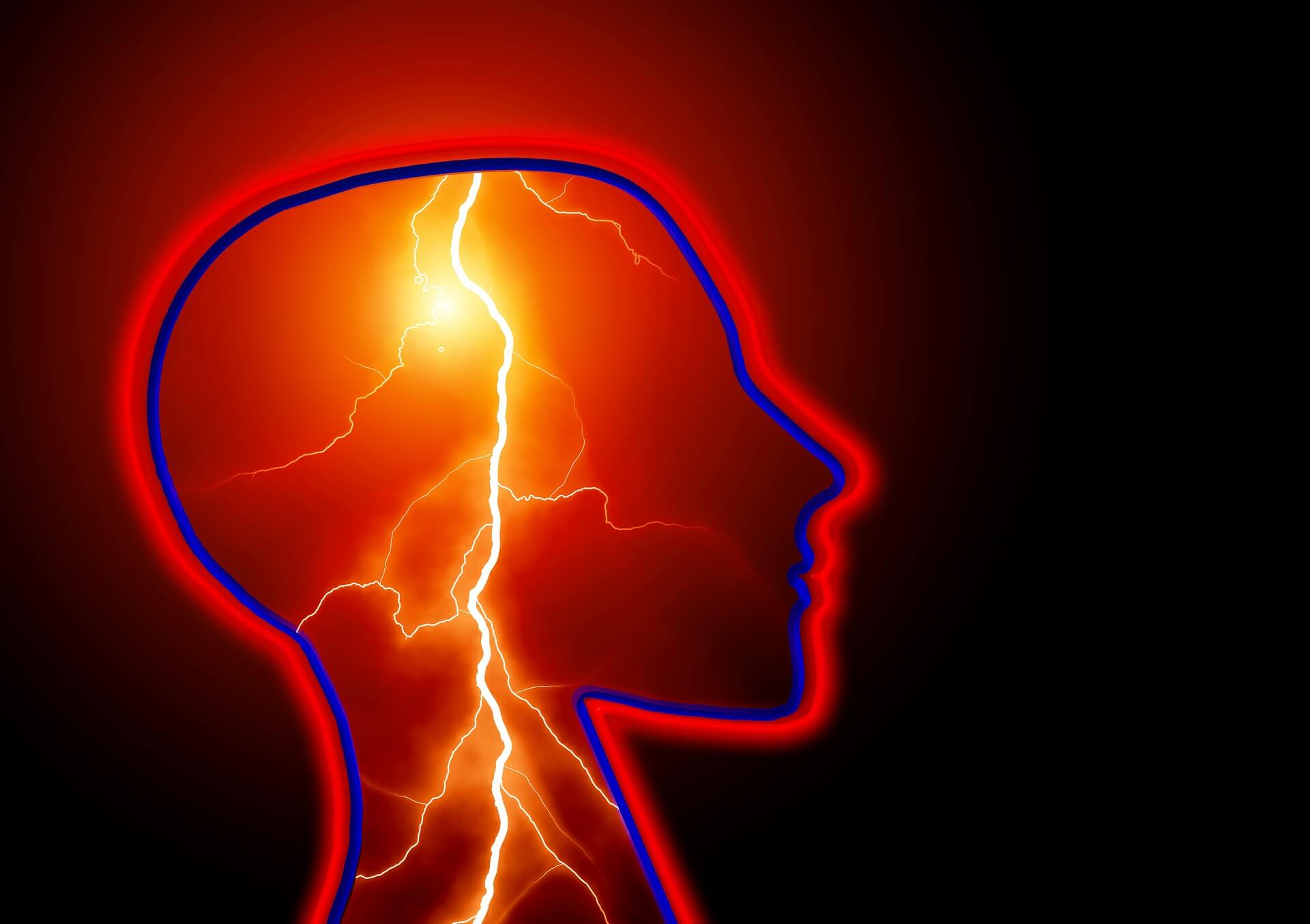Image Source: Pixabay
Neurology diagnoses and treats diseases that affect the nervous system, including the brain, spinal cord, and nerves. Neurological disorders are common and are becoming increasingly widespread all over the world.
Neurologists treat neurological disorders, but they will also treat muscular disorders. Neurological disorders range in severity from mild to debilitating. Some neurological disorders appear early and can be diagnosed at birth, while others are diagnosed later.
There are more than 600 neurological disorders known to medicine.
The following are some of the most common neurological disorders and how they are treated:
Cerebral Palsy
Cerebral Palsy is a common neurological disorder affecting about one percent of the population. The leading cause of Cerebral Palsy is birth injuries resulting from issues during labour or delivery. Abnormal brain development could also lead to Cerebral Palsy.
Cerebral Palsy is a disorder that involves damage to the nervous system, adversely affecting a person’s muscle control. It leads to motor disability as Cerebral Palsy patients cannot move their muscles or maintain proper balance and posture. Poor reflexes, rigid limbs, and involuntary movements are symptoms of Cerebral Palsy.
There is no treatment for Cerebral Palsy, but it can be managed by physical therapy and, sometimes, surgery.
Epilepsy
Epilepsy is a neurological disorder that affects the central nervous system, where nerve cell activity becomes disturbed, leading to seizures. It could also lead to abnormal behaviour and, in some cases, the loss of consciousness. Anyone can develop epilepsy.
Epilepsy is often the result of a genetic disorder. However, it can also be caused by a brain injury like trauma or a stroke. Treatment for epilepsy often involves medications, and medicinal marijuana is increasingly showing positive results. Medical devices, dietary changes, and surgery could also be used to manage epilepsy.
Meningitis
Meningitis is a neurological disease that affects the membranes surrounding the brain and spinal cord. It is often caused by an infection of the fluid surrounding the brain and spinal cord, leading to inflammation of the meninges. Viral meningitis caused by a virus is the more common type of meningitis and is rarely deadly.
Contrarily, bacterial meningitis caused by bacteria is rare but often fatal. Symptoms of meningitis include headache, fever, vomiting, nausea, joint pains, and seizures. Treatment for meningitis will depend on the type. For viral meningitis, it is about relieving the symptoms; a reason why you should understand neurology care in Michigan. Intravenous (IV) antibiotics are used to treat bacterial meningitis.
Brain Tumours
Brain tumours are another increasingly common neurological disorder. A brain tumour refers to a growth of abnormal cells in the body. The mass of cells could be cancerous or non-cancerous.
Brain tumours often start in the brain. However, they can start elsewhere and spread to the brain. Symptoms of a brain tumour include dizziness, confusion, debilitating headaches, blurred vision, loss of balance, and seizures.
In unusual cases, the victim exhibits little to no symptoms, and the tumour is identified during medical tests. Brain tumours are treated using surgery, radiation, and chemotherapy.
Parkinson’s Disease
Parkinson’s Disease is a degenerative disorder that affects the nervous system and the body parts nerves control. It is a progressive disorder as symptoms will be mild at first and get more severe with time.
Parkinson’s Disease is caused by damage to nerve cells due to trauma or exposure to environmental toxins. Age and genetics are significant risk factors for the disease. Parkinson’s often starts with tremors in one hand or leg and spreads to the others.
It affects movement, so symptoms include slow movement, muscular stiffness, and poor balance. There is no cure for Parkinson’s Disease, but medicines can help manage it.
Numerous neurological disorders affect many people worldwide. Brain tumours, Cerebral Palsy, Parkinson’s Disease, Epilepsy, and Meningitis, are some of the more common neurological disorders. It is crucial to understand neurological care as most neurological diseases have no cure and can only be managed.




















